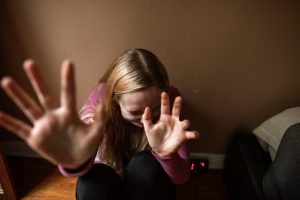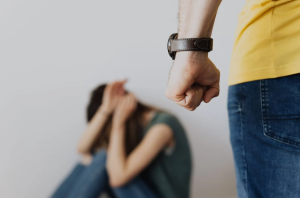Why People Falsely Report Domestic Violence
 While domestic violence is a serious public health issue, and while the State of California rightfully implements strong laws to protect victims, there are also many instances in which someone may be unfairly accused of domestic violence. In fact, research has shown that in as many as 25-35 percent of all domestic violence cases, accusations made are either unverifiable by facts, made by mistake or outright fabricated. Unfortunately, when this happens, California law tends to err on the side of the alleged victims, drawing immediate guardrails around the accused as a precaution and causing significant life disruptions in the process.
While domestic violence is a serious public health issue, and while the State of California rightfully implements strong laws to protect victims, there are also many instances in which someone may be unfairly accused of domestic violence. In fact, research has shown that in as many as 25-35 percent of all domestic violence cases, accusations made are either unverifiable by facts, made by mistake or outright fabricated. Unfortunately, when this happens, California law tends to err on the side of the alleged victims, drawing immediate guardrails around the accused as a precaution and causing significant life disruptions in the process.
Perhaps you’ve experienced this reality firsthand. Maybe your partner has falsely accused you of domestic violence, and you’ve found yourself removed from your home, hit with a protective order barring you from contact with your partner (and possibly your children), and perhaps even facing criminal charges–let alone being saddled with the public stigma of being labeled an abuser. Why do these accusations get made–and more importantly, what can be done about it to repair the damage to your life?
False Domestic Violence Accusations: Why and How
 Los Angeles DUI Attorney Blog
Los Angeles DUI Attorney Blog










